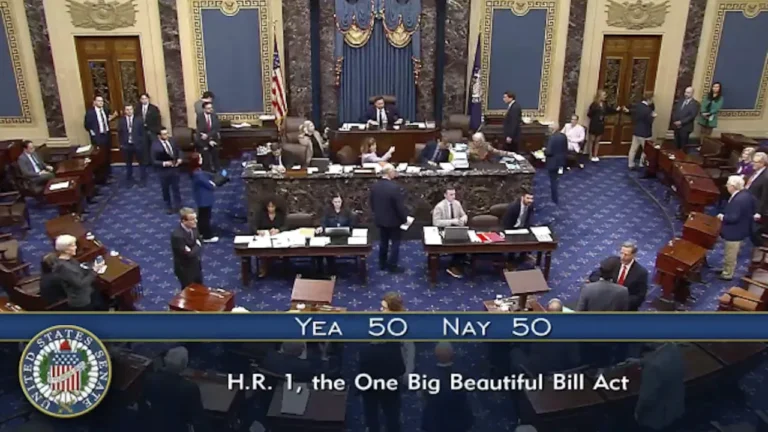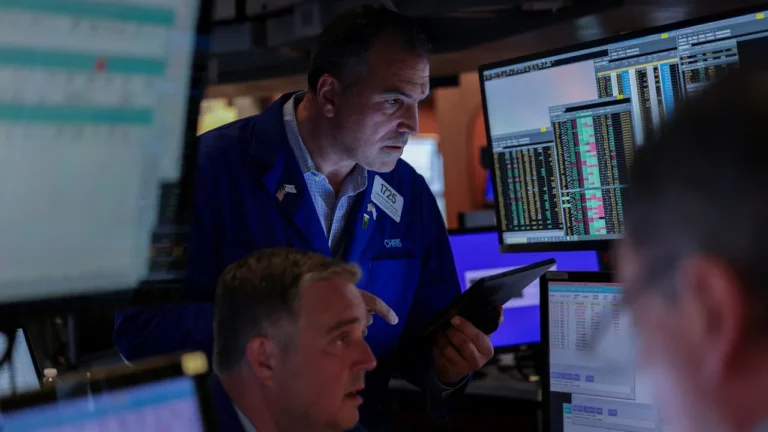
On Thursday, stocks of car rental companies Hertz and Avis saw their values unexpectedly take off. As of midday, shares of Hertz Global Holdings were trading at around $4.15, an intraday increase of more than 20%. Likewise, Avis Budget Group shares were trading at around $74, also an increase of more than 20%.
This should be welcome news to investors, who have seen the values of both stocks erode over the past year. Hertz shares are down more than 48% from a year ago, while Avis stock is down 40%.
What’s curious is that neither company reported earnings or was otherwise in the news cycle in a way that may have caused their respective shares to shoot up. As such, it appears that President Trump’s recently announced tariffs on foreign-made cars may be the catalyst.
On Wednesday, Trump announced plans for a 25% tariff on imported vehicles and auto parts, which are expected to make car prices increase—likely by thousands of dollars per vehicle. Even vehicles assembled in domestic factories could see significant price hikes, as their parts and components may have been manufactured in other countries.
How does this affect car rental stocks? Companies like Hertz and Avis, among others, have large, standing fleets of vehicles. Those vehicles are typically sold after they’re used as rentals, and given that they’re already on rental lots—meaning, they don’t need to be imported—they can dodge the new tariffs Trump recently announced. So, at least theoretically, those fleets are more valuable today than they were last week.
Or, put another way, new cars will get more expensive due to Trump’s tariff plan, and that may cause an increase in demand for used vehicles, which won’t be subject to the tariffs. So, companies or individuals with used vehicles soon to hit the market stand to benefit—including rental car companies.
It’s also possible that vehicle owners will simply keep their cars longer, rather than buy new ones. That means buying new parts and components, which may be subject to tariffs themselves, would still be far less expensive than purchasing a new vehicle.
Accordingly, that could benefit auto parts retailers—and some of those retailers are also seeing a boost in their share prices. As of midday Thursday, AutoZone shares were up almost 4%, as were shares of O’Reilly Automotive. Shares of Advance Auto Parts, which also announced expansion plans this week, were up more than 8%.


